Like A Hot Katana Through Tofu: Red Bull No Contest Takes A Mouth-Watering Cross Section Of Japanese Surf Culture
Kanoa Igarashi’s Michelin star guide to eating + surfing in the land of cherry blossoms.
Welcome back to No Contest—Stab and Red Bull’s travel series exploring the rich culture, characters, and history of surf communities worldwide.
In Episode three, host Ashton Goggans teams up with Red Bull’s Kanoa Igarashi and a crew of legendary local surfers, photographers, and designers to deep dive into Japan’s rich surf culture.
From the shores of Shonan, located just 50 kilometers south of Tokyo’s city center, to Chiba’s Olympic-hosting beach breaks along the Pacific coastline, this episode showcases the tasteful ingenuity and world class talent coming from land of cherry blossoms.
Speaking of which — did you happen to see Team Japan wipe the floor in the recent Da Hui Backdoor Shootout? Most of the crew work full-time jobs and managed to wax sponsored pros and local specialists at the deadliest wave on earth. Impressive is an understatement.
Anywhose, in past episodes, we explored the botox and activewear rich coastline of Sydney, Australia, as well as the high rise peppered, surf cultural hub of Honolulu, Hawaii.
We’ll put a neat little bow on this season in Florida, USA.
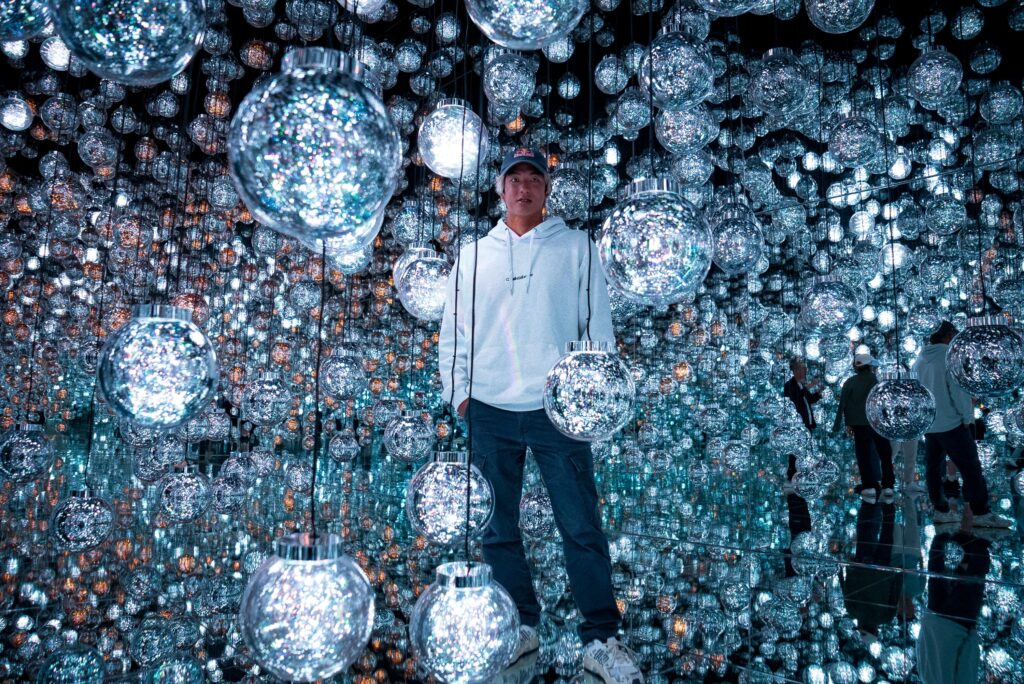

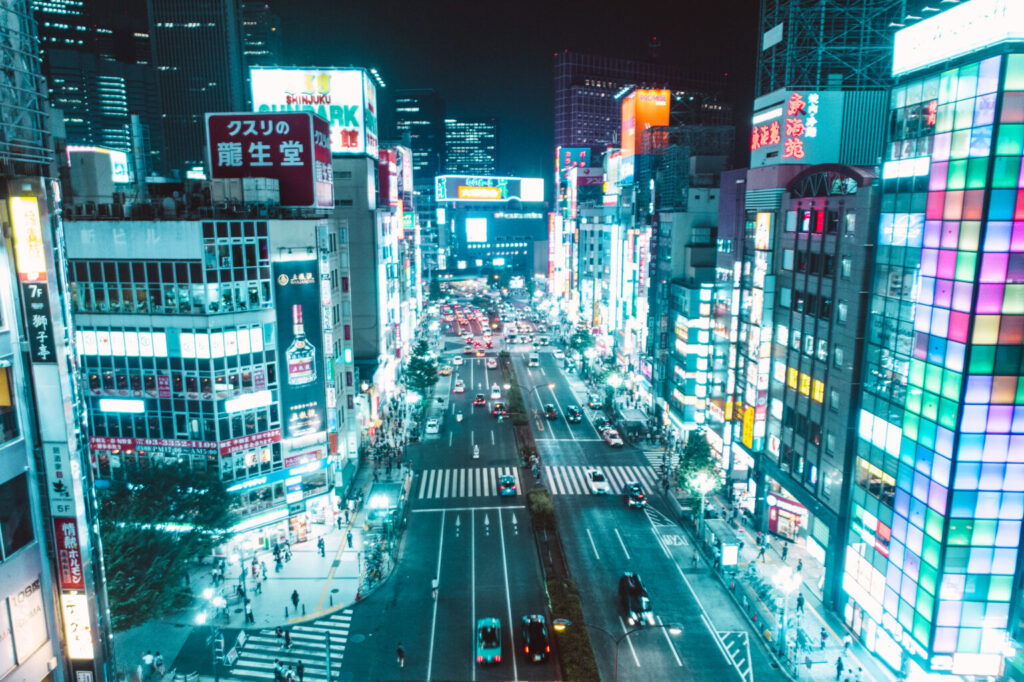
But let’s get back to Japan — a nation recognised for being world leaders in all the right categories:
- inventing robots cooler than most humans,
- trains that teleport,
- living forever on a diet of raw fish and matcha,
- building earthquake-proof everything and
- creating cars that never die.
Tokyo, the nation’s capital is a sprawling metropolis with a population of over 14 million, accounting for approximately 11% of the nation’s total. Here, amid skyscrapers, geisha girls, whisky highballs and neon lights lies a vibrant surf community at the intersection of age-old traditions with cutting-edge modernity.
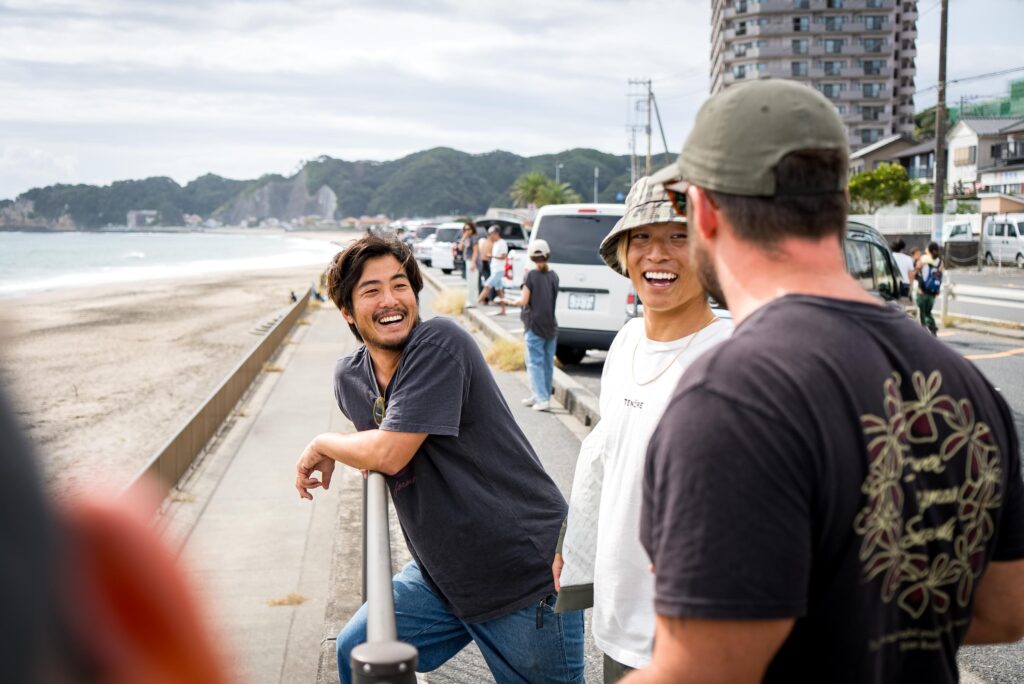
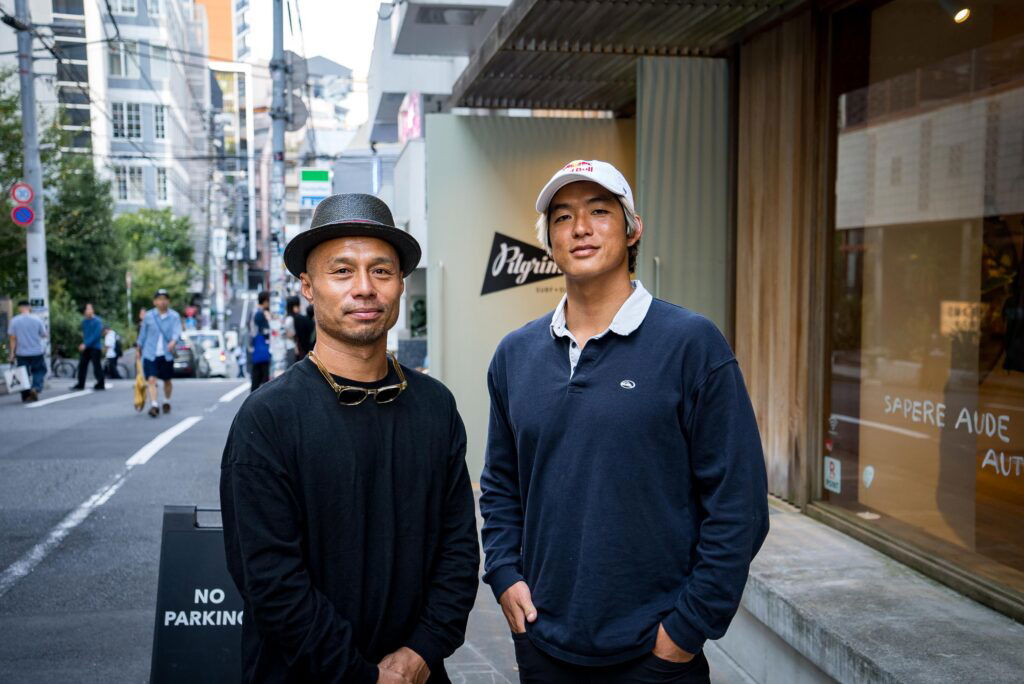
“Japanese surfers will have their shower, their bucket, their car set up, their quivers. It’s a very organized, detail-oriented craft for them,” explains Olympic silver medallist Kanoa Igarashi, capturing the precise and ritualistic approach of Japan’s surfers.
One exception to this sand–phobic custom is Former freesurfer and Lordish Behavior founder Kaito Ohashi, who seems to have adopted the more US + Australian-centric practice of throwing everything in the boot in a smelly, wet pile.
Our journey begins in Shonan, often called the birthplace of Japanese surf culture, which draws many parallels to Malibu for its laid-back vibe and alternative craft ethos. Shonan’s significance extends back to the earliest days of Japanese surfing history. As far back as the Edo period in 1812, locals waded into the surf with wooden planks known as Itako boards. And while the waves of that era weren’t likely to inspire Olympic-level dreams, the kids splashing around probably didn’t realize they were laying the foundation for a surf scene that would one day rival the rest of the world.

Today, Shonan is home to some of the country’s most esteemed surfers, including the colorful Estero Kobayashi, longboarder Seitaro Nakamura, and second-generation shaper Reo Ueda.

From Shonan, we head to Chiba, a contemporary hotspot known for its high-performance shortboarding and is where surfing was first thrust into the Olympic spotlight in 2021 amid wild pandemic times.
At Kugenuma Beach, we learn much more pleasant crowded lineups can be with respect being an ingrained cultural norm. “Surfing here is so much more than a sport,” Igarashi explained. “It’s peaceful, social, almost sacred—like a shared passion everyone treasures.”
Hopefully Trump’s tariffs don’t turn us of importing that piece of wisdom.
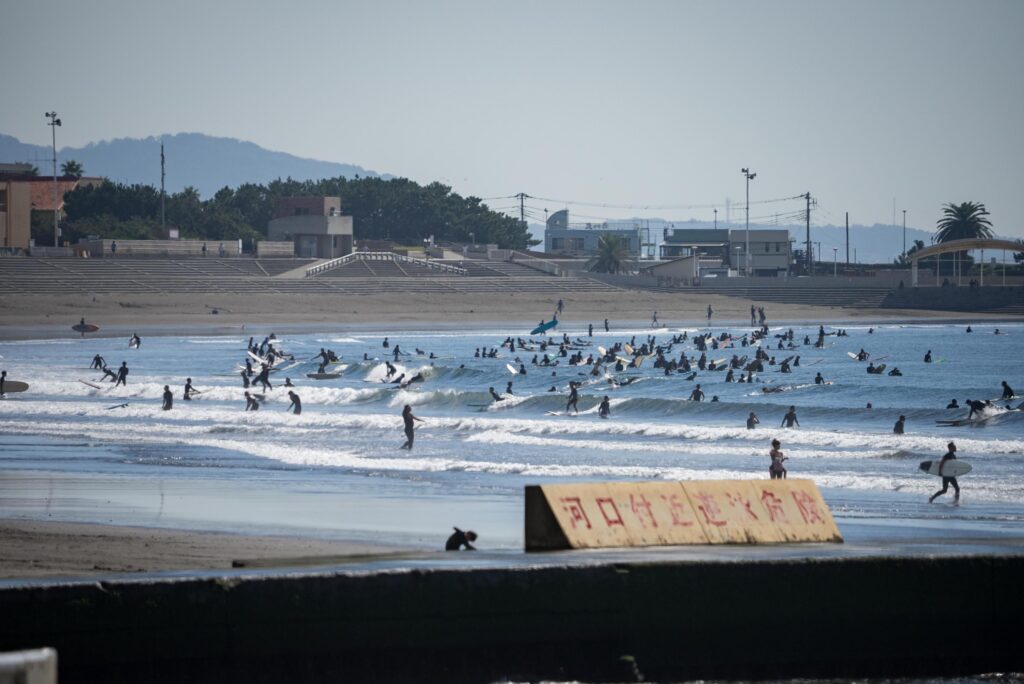
After watching Ashton get a 20-point fitout for a custom wetsuit at Rash, who have long-produced some of the finest, most unique wetsuits in the game, we met with Yoshi Ueda, a legendary protégé of Gerry Lopez, as well as FluidPower founder George Fujisawa, who schooled us on Japanese surf history.
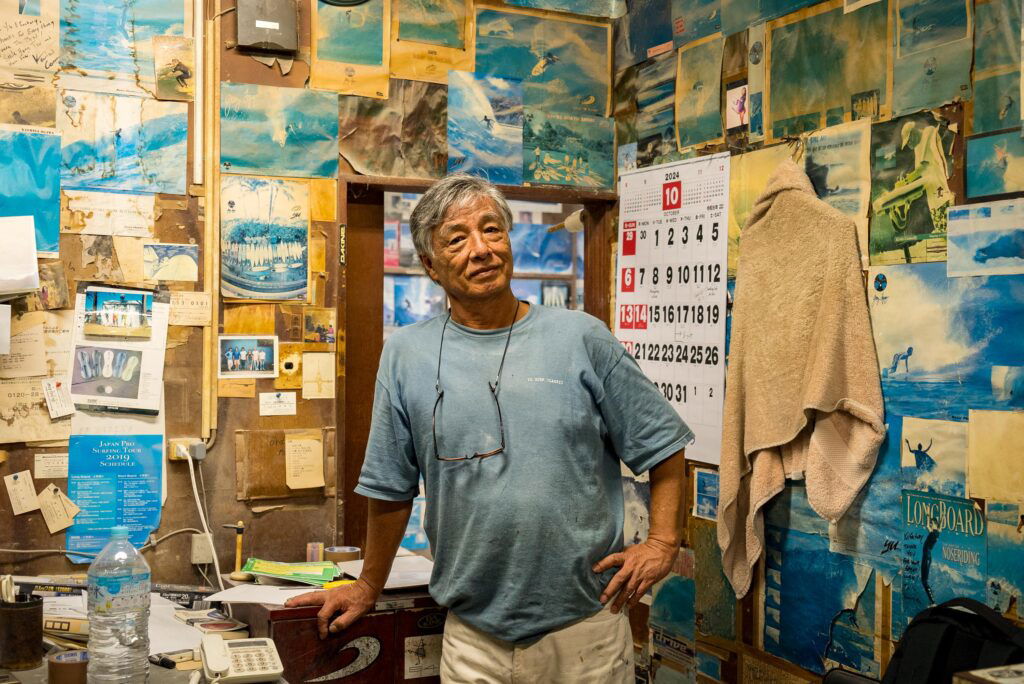
Finally, the episode takes a tranquil turn as we visit the historic town of Jindaiji, a quiet retreat from the chaos of the city and the place where Kanoa’s family history is deeply rooted. His great-great-grandfather, a samurai, established the first soba noodle shop in the area. Remarkably, this shop is still in operation today, run by Kanoa’s uncle, serving bowls of hand-cut noodles steeped in tradition and family pride.
Wholesome.




You can watch previous No Contest episodes here: San Francisco, Sydney + Honolulu.


















Comments
Comments are a Stab Premium feature. Gotta join to talk shop.
Already a member? Sign In
Want to join? Sign Up